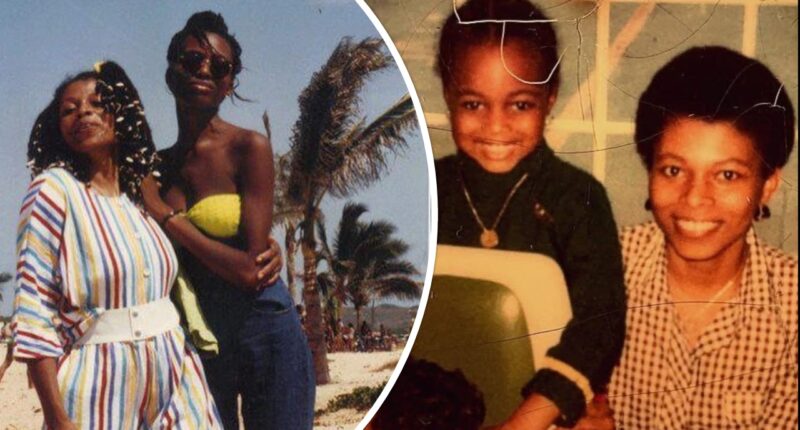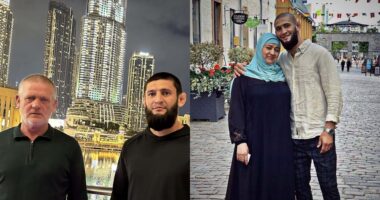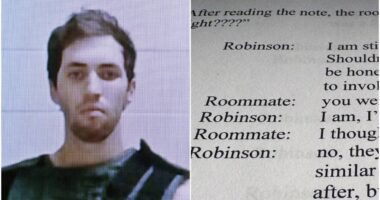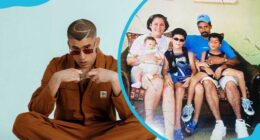Assata Shakur, the Black Liberation activist who lived for decades in Cuban exile, passed away on September 25, 2025, in Havana at the age of 78. While often defined by her political struggles, her life story is also one of personal transformation, fleeting relationships, and enduring family bonds that shaped the woman she became. Her journey from JoAnne Deborah Byron to Assata Shakur was not just political but deeply personal, reflecting a conscious crafting of her own identity.
The news of her death, confirmed by both the Cuban government and her daughter, marks the end of a long chapter for a figure who was simultaneously vilified as a fugitive and celebrated as an icon of resistance. Beyond the headlines and the FBI’s most-wanted posters was a woman who experienced love, motherhood, and the complex ties of family. Her personal life, though often private, provides a crucial human dimension to her very public struggle.
You Might Like: What Really Happened to Charlie Kirk?
Marriage and Early Relationships
Assata Shakur’s journey into adulthood included a brief, early marriage. In April 1967, she married her only husband, a fellow student activist from the City College of New York (CCNY), Louis Chesimard. The ceremony was a Catholic wedding, reflecting the faith of her youth. However, the union was short-lived. The couple divorced in December 1970, with their married life having effectively ended after just a year. Shakur herself reflected that the marriage dissolved over their differing views on gender roles. She granted this chapter of her life little space in her own memoir, dedicating only a single paragraph to the failed marriage, signaling that it was a part of her life she quickly outgrew.
Assata Shakur, former Black Liberation Army member and godmother of Tupac Shakur, dies in Cuba at 78. pic.twitter.com/yeHQZNzy88
— Pop Crave (@PopCrave) September 26, 2025
This period was one of immense personal and political change for her. It was during the early 1970s that she formally rejected the name JoAnne Chesimard, which she came to view as a “slave name.” She chose a new name that powerfully embodied her awakening African identity and revolutionary spirit: Assata, meaning “she who struggles”; Olugbala, meaning “love for the people” or “savior”; and Shakur, “the thankful one.” This act of self-naming was far more significant to her than her brief marriage, solidifying her commitment to a cause larger than herself.
Motherhood and Family Ties
Family was a complex and evolving constant throughout Assata Shakur’s life. She was born on July 16, 1947, in Queens, New York, to Doris E. Johnson, a schoolteacher. Her parents divorced when she was three, and she moved to Wilmington, North Carolina, to be raised by her grandparents, Lula and Frank Hill. Her childhood was marked by frequent moves and financial struggle, leading her to run away from home several times.
A pivotal figure in her youth was her aunt, Evelyn A. Williams, a civil rights worker who eventually took Shakur in. Shakur described her aunt as her childhood heroine, a sophisticated woman who introduced her to museums, art, and new ideas, nurturing her curious mind. Williams would later become one of Shakur’s lawyers, a testament to their enduring bond.
Also See: Shaun Alexander’s Children: Names and Ages of His 14 Kids
The most profound personal relationship of Shakur’s life was with her daughter, Kakuya Amala Olugbala Shakur. Kakuya was born during the tumultuous period of Shakur’s trial for murder. The father was Kamau Sadiki (also known as Fred Hilton), who was a co-defendant in her case.
It was her daughter, Kakuya Shakur, who publicly confirmed her mother’s death in Havana this past week, sharing on social media, “At approximately 1:15 pm on September 25th, my mother, Assata Shakur, took her last earthly breath.” After her escape from prison in 1979 and her eventual emergence in Cuba in 1984, where Fidel Castro granted her asylum, Shakur raised Kakuya there, building a life together away from the persecution she faced in the United States.
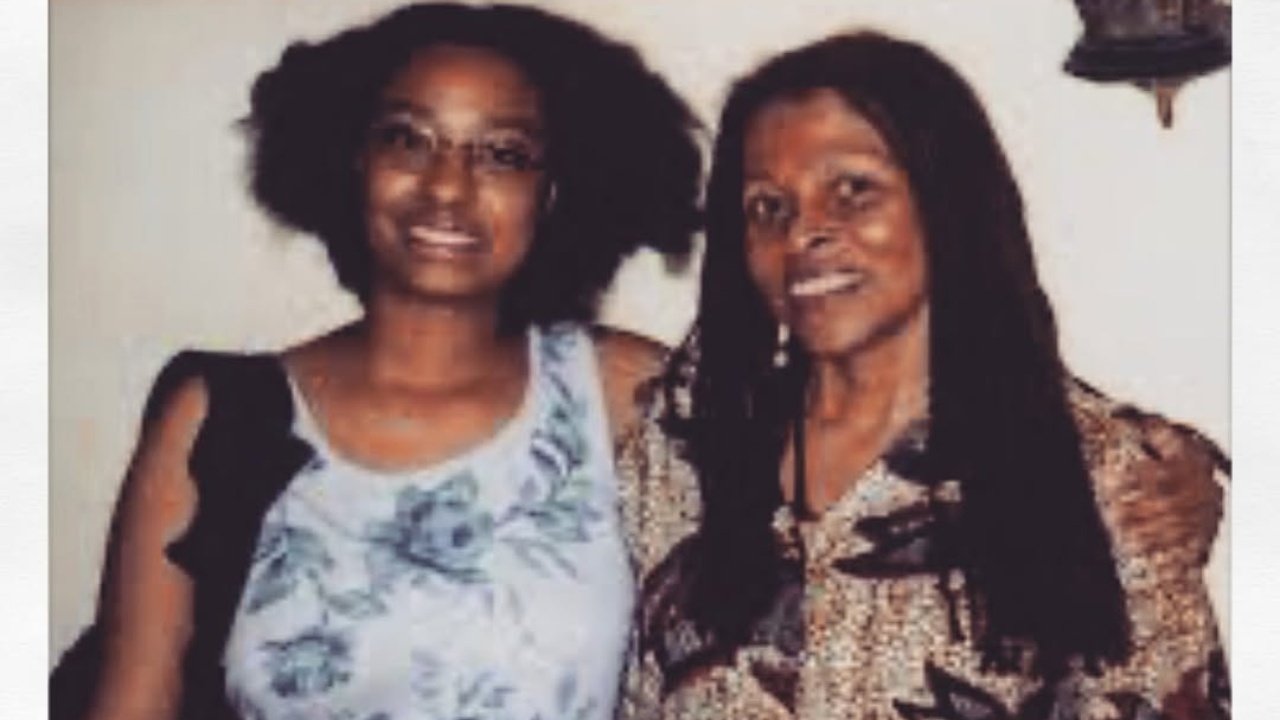
While Assata Shakur will be remembered for her public and controversial role in the fight for Black liberation, her private life tells a story of a woman continuously shaping her own identity. From a brief conventional marriage to the conscious adoption of a name that defined her purpose, and finally to motherhood in exile, her personal relationships were inextricably linked to her larger-than-life political journey.
